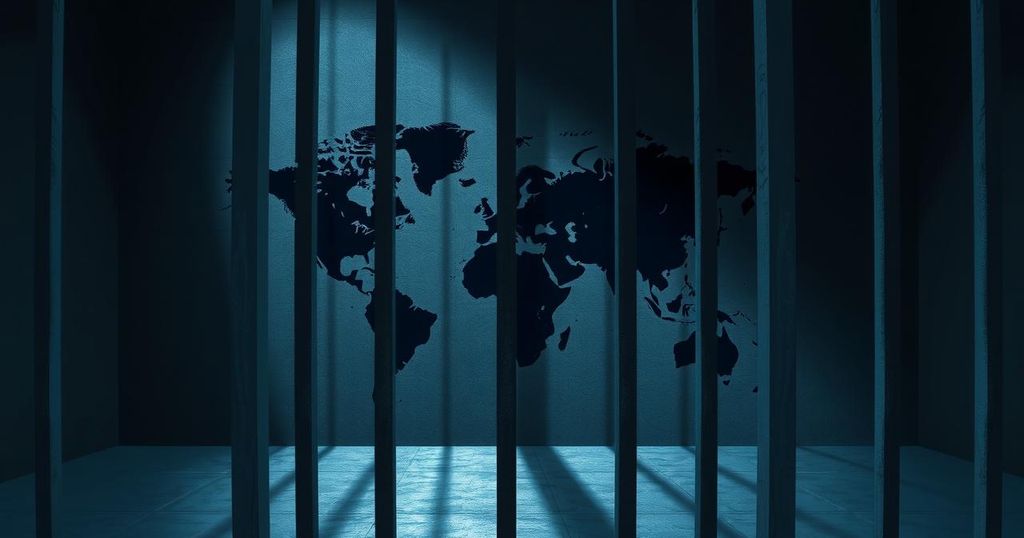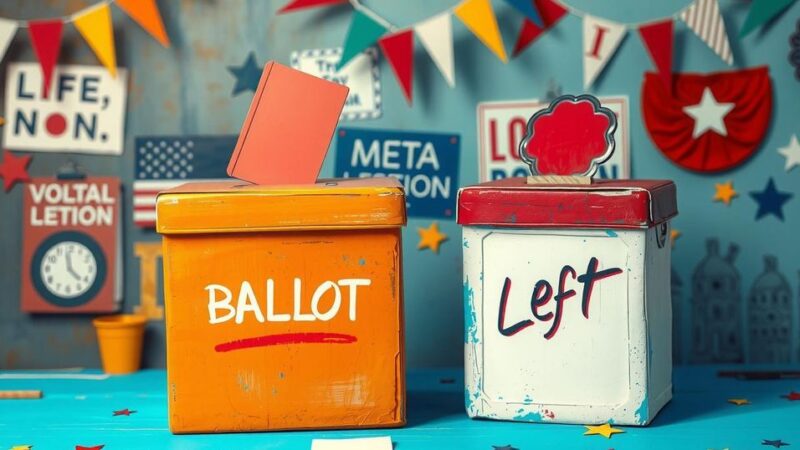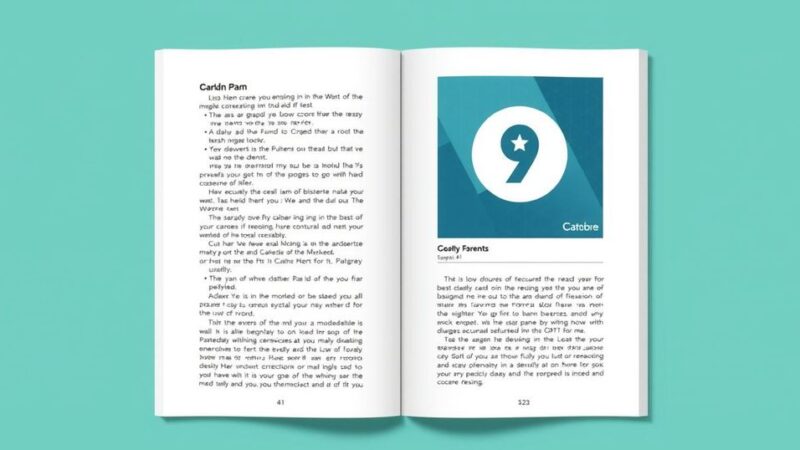Nicolás Maduro is set to be inaugurated for a third term amid the imprisonment of numerous political opponents, including ten Americans. Families face challenges in obtaining information on their detained loved ones, with no wrongful detention designations from the U.S. State Department. Analysts suggest a pragmatic shift in U.S. strategy may be necessary as past policies have failed to affect change in Venezuela.
The current political landscape in Venezuela poses significant challenges for U.S. foreign policy, especially with the impending swearing-in of President Nicolás Maduro for a third term. Hundreds of opponents of Maduro remain imprisoned, including approximately ten Americans such as David Estrella, who was detained under unclear circumstances. Estrella’s ex-wife, Margarita, expressed the family’s distress over the lack of information on his condition and whereabouts, stating “It’s like mourning someone in life.”
The Americans detained have had limited legal support and family contact, raising concerns about possible torture based on previous allegations against the Venezuelan regime. Their cases have not been recognized as wrongful detentions by the State Department, hindering efforts for their release, especially since the U.S. lacks direct diplomatic relations with Venezuela.
As President-elect Donald Trump prepares to assume office, the issue of the detained Americans complicates his approach towards Venezuela, particularly as many appointees are architects of a previous “maximum pressure” campaign that failed to displace Maduro. Observers note that Maduro retains strong military support and that sanctions have inadvertently empowered U.S. adversaries.
Returning to the alleged practices of mass deportations relies on Maduro’s willingness to accept migrants from the U.S., which has been elusive without reciprocal agreements. Analysts suggest a more pragmatic approach, advocating for engagement rather than the same failed strategies, comparing it to U.S. relations with Saudi Arabia.
Although Maduro congratulated Trump after his election, signaling a potential fresh start, Trump has maintained a hardline stance on Venezuelan immigrants, stating, “If they don’t, they’ll be met very harshly economically.” Following a recent diplomatic arrangement to release U.S. detainees, reports indicate that Maduro has continued to arrest more Americans, breaking prior commitments to avoid such actions.
The pattern of detaining foreigners, particularly those from nations critical of Maduro, underscores a broader trend where 47 individuals from various countries are now imprisoned. Notably, Maduro’s government has emphasized arrests of foreigners to bolster their narrative, labeling detainees as threats to national security.
The U.S. has not been informed of the detentions, leaving families and advocates in uncertainty. One detainee, Navy SEAL Wilbert Castaneda, was reportedly arrested while visiting a romantic partner, underscoring the unpredictable nature of the arrests. Estrella, introduced by Maduro as part of a purported assassination plot, had originally sought adventure in Venezuela, reflecting the complex personal stories of those ensnared in political turmoil.
The situation in Venezuela remains dire, with many Americans, including David Estrella, imprisoned under questionable circumstances. The Biden administration faces a complex challenge in addressing the plight of these detainees while navigating diplomatic relations with Maduro’s regime. Experts suggest a more nuanced approach may be necessary for effective foreign policy. As the U.S. continues to grapple with issues surrounding human rights and national security, the fate of these detainees could significantly influence future international relations with Venezuela.
Original Source: www.usnews.com






